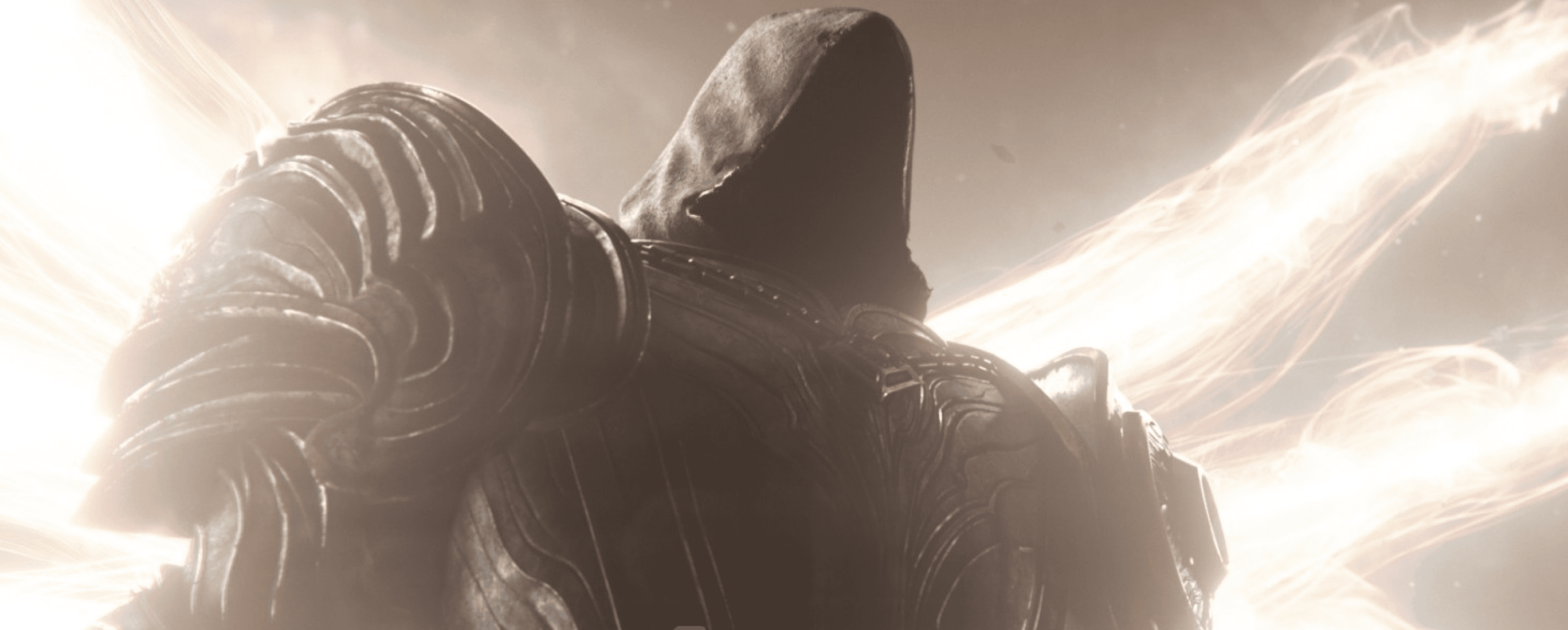
 Christopher R. RiceFeb 23, 2024
Christopher R. RiceFeb 23, 2024Religious symbolism in video games is a fascinating and complex subject that reflects the diverse ways in which games engage with and represent religious themes, symbols, and narratives and by doing that how they engage with the players themselves. This exploration can range from direct references to specific religions and mythologies to more abstract or thematic uses of religious symbolism to explore existential questions, morality, and the human condition. By integrating religious symbols into their narratives, mechanics, and aesthetics, video games offer players not just entertainment but also a means to engage with philosophical and spiritual ideas that they might not otherwise encounter in day to day life.
Direct Representation of Religious Themes and Mythologies
Many video games directly incorporate elements from real-world religions and mythologies, using them as the foundation for their worlds, characters, and narratives. Games like "Assassin's Creed" series delve into historical settings where religion plays a pivotal role, exploring the conflict between the Assassins and the Templars, often with references to Christianity, Islam, and other beliefs. Similarly, titles such as "God of War" draw heavily from ancient mythologies, in this case, Greek and Norse, to craft stories that are deeply imbued with the gods, rituals, and cosmologies of these cultures. These games use religious symbolism to add depth and authenticity to their worlds, while also offering commentary on the nature of divinity, fate, and human agency.
Abstract and Thematic Use of Religious Symbolism
Beyond direct representation, many games use religious symbols in more abstract or thematic ways, weaving them into the fabric of their gameplay and narratives to explore broader questions of morality, existence, and the human soul. For instance, games like "Dark Souls" and "Bloodborne" create dense, atmospheric worlds that are laden with Christian and other religious imagery, using this symbolism to explore themes of sacrifice, redemption, and the cyclical nature of sin and suffering. These games often present a more ambiguous interpretation of religious symbols, inviting players to reflect on their meanings and implications.
Moral Choices and Ethical Dilemmas
Another way video games engage with religious symbolism is through the presentation of moral choices and ethical dilemmas. Titles such as "Mass Effect" and "The Witcher" series confront players with complex decisions that have significant consequences for the game world and its inhabitants. These decisions often resonate with religious and moral questions, such as the nature of good and evil, free will versus destiny, and the ethics of power and responsibility. By incorporating religious symbols and themes into these decision-making processes, games encourage players to reflect on their values and beliefs, often in a context that echoes religious or spiritual moral reasoning.
World Building and Environmental Storytelling
Video games also use religious symbolism in world-building and environmental storytelling, creating spaces that evoke a sense of the sacred or profane. Structures like temples, churches, or ruins can convey a deep sense of history and spirituality, serving as silent narrators that enrich the game's lore and atmosphere. Games like "The Legend of Zelda: Breath of the Wild" and "Shadow of the Colossus" use these elements to craft worlds that feel imbued with a sense of mystery and transcendence, inviting exploration and contemplation.
Critiques and Commentary
Some games use religious symbolism as a means to critique or comment on religion itself. Titles such as "BioShock Infinite" employ religious imagery and themes to explore the dangers of fanaticism and the misuse of religious authority in a contextual setting. These games often present a critical view of how religious symbols can be co-opted for power, control, greed, and violence, prompting players to consider the impact of religious institutions and beliefs on society and individuals.
Final Thoughts
The use of religious symbolism in video games is a testament to the medium's capacity for depth and complexity. By drawing from the rich tapestry of religious traditions and symbols, games can offer more than just entertainment; they can provide a space for reflection, exploration, and engagement with some of life's most profound questions. Whether through direct representation, thematic exploration, moral dilemmas, world-building, or critique, religious symbols in video games enrich the gaming experience, offering players avenues to explore spiritual and existential dimensions of human experience. As video games continue to evolve as an art form, their engagement with religious symbolism is likely to deepen, reflecting and shaping players' understanding of the world and themselves.

Play on Haptic
Try for free


